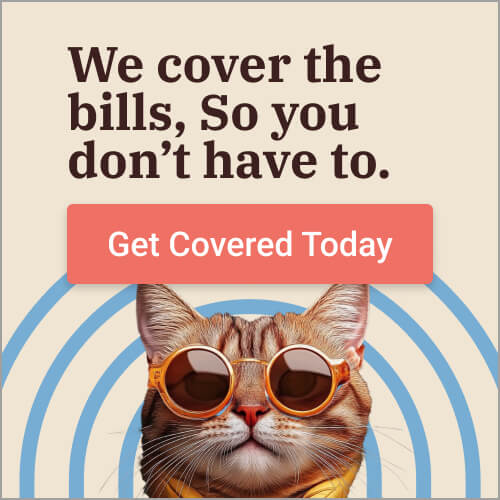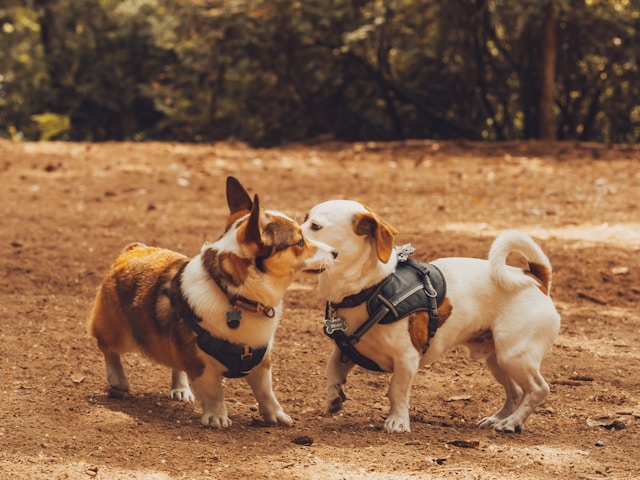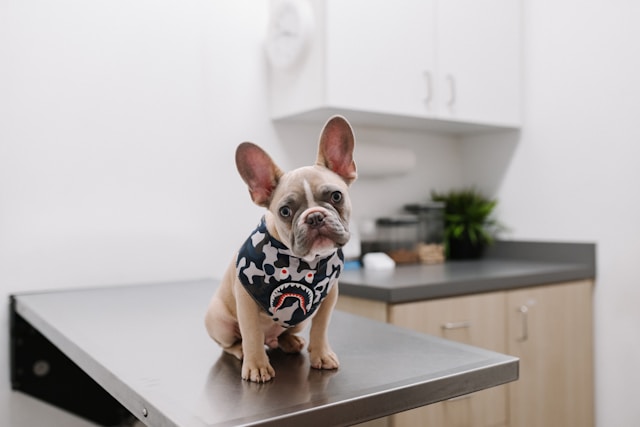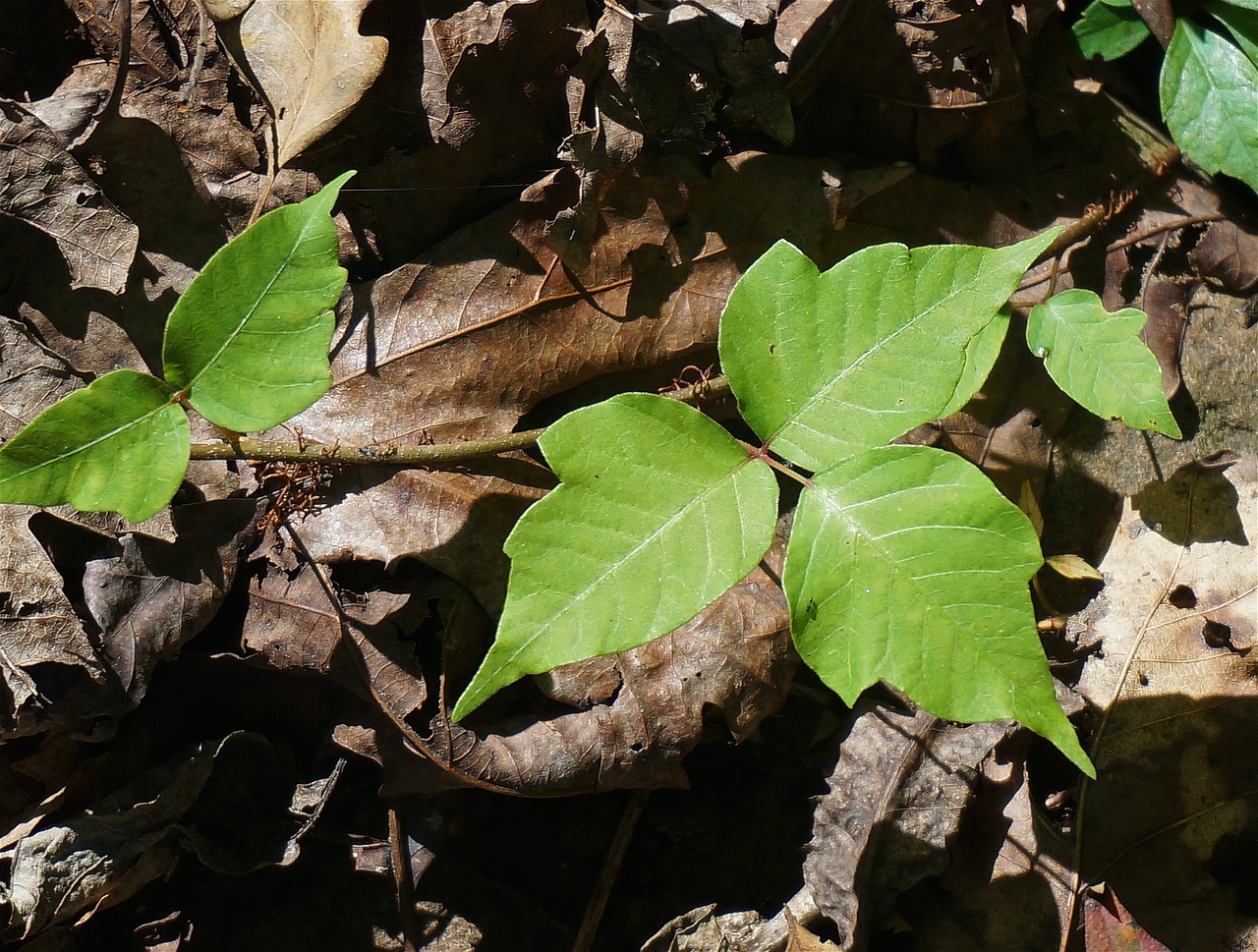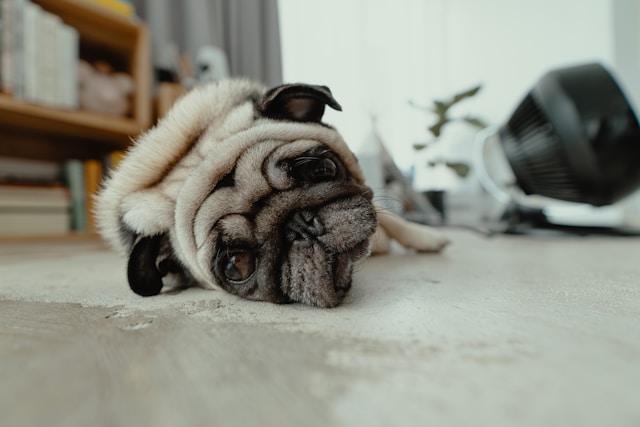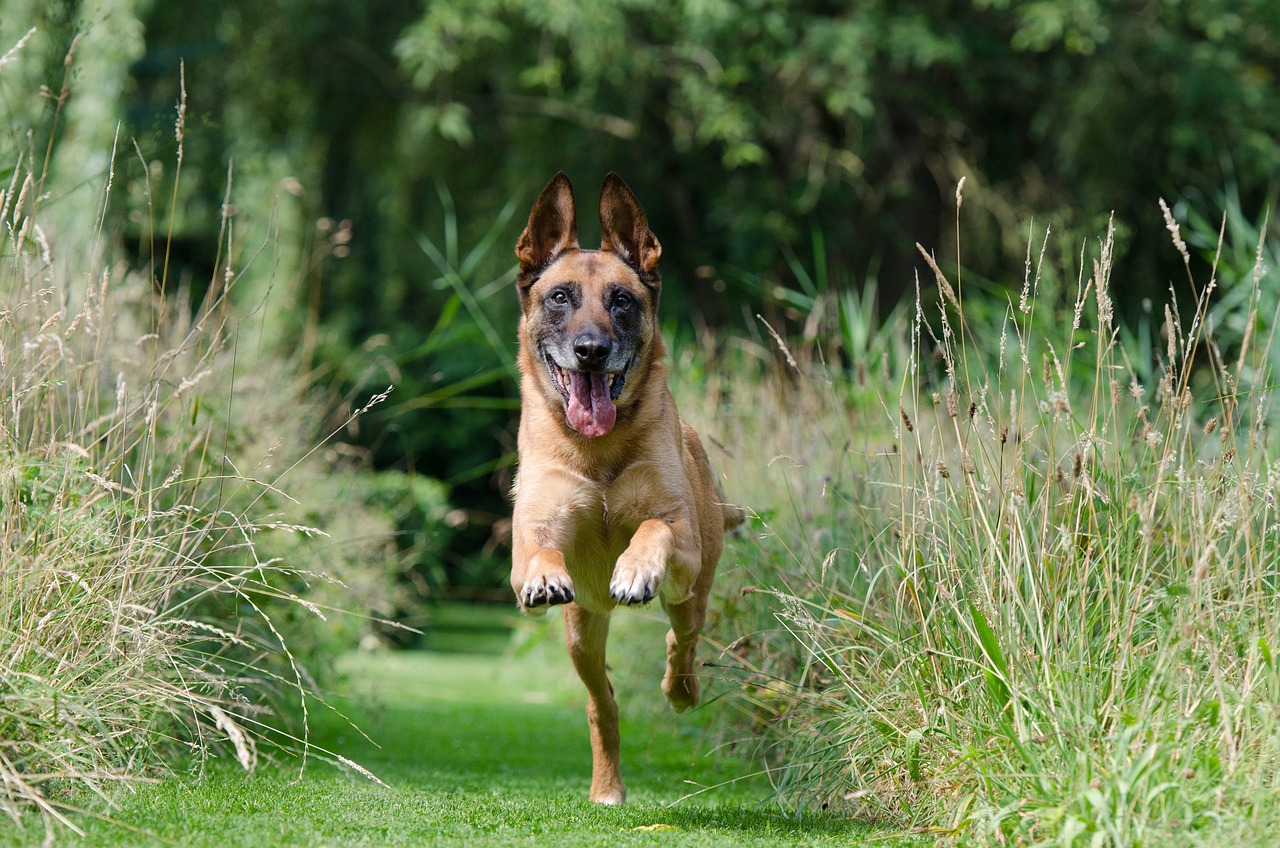Steer Clear of These 5 Game Day Foods for Your Pets
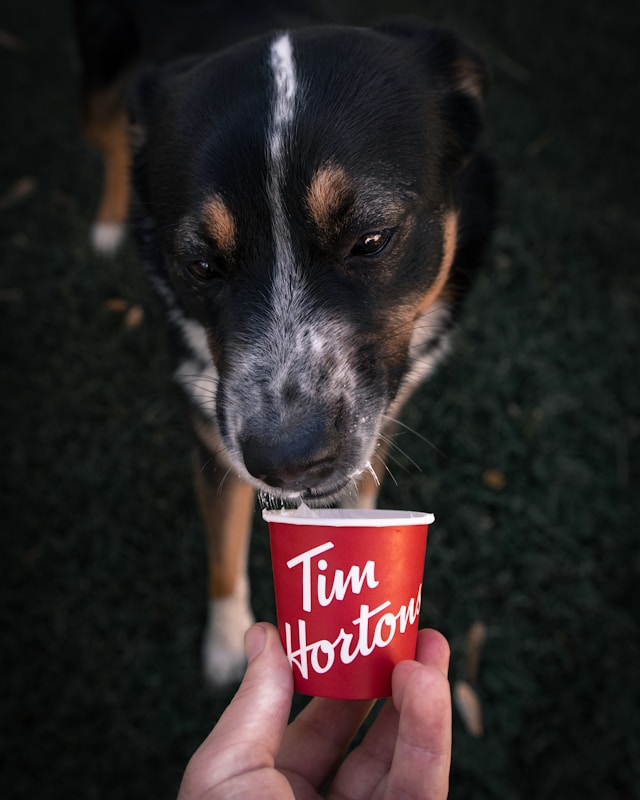
Football parties are about excitement, cheering, and indulging in various delectable finger foods and drinks. However, it's not just you who might be overindulging during the big game; your dog or cat might sneak a taste, too. While you might have a mild upset stomach, your pet could be in a critical situation.
To prevent accidental poisoning, having a trash can with a lid is a good idea so your pet can't rummage for leftovers. Remind kids and other party guests not to leave food on low tables or the floor, as your pet is often tempted to explore.
Alcohol
Pets can easily be lured to an unattended cup of wine, beer, or especially sangria left within their reach. Alcohol consumption can lead to dangerous drops in blood sugar, blood pressure, and body temperature. Intoxicated animals may experience seizures and respiratory failure.
Desserts containing alcohol or unbaked dough can also be problematic.
Fatty Foods and Bones
Chicken wings, pizza, hot dogs, and burgers are some fatty foods dogs should avoid. Consumption of these can result in vomiting, diarrhea, and even pancreatitis.
Additionally, table scraps, such as chicken or ribs, might contain bones that pose a choking hazard. While it's a common belief to give dogs bones, dogs can easily choke on them. Bones, especially when cooked, can splinter and cause blockages or lacerations in your dog's digestive system.
Onions and Garlic
Onions, garlic, and chives (leeks, shallots, and other Allium family members) are frequently found in party foods like burgers, egg salad, salsa, and guacamole. These vegetables contain compounds known as disulfides and thiosulphates, which are highly toxic to cats and dogs. Even a tiny amount can lead to hemolytic anemia, where your pet's red blood cells rupture.
Garlic is approximately five times more potent than onions. These vegetables can also cause gastrointestinal discomfort (e.g., nausea, oral irritation, drooling, abdominal pain, vomiting, diarrhea). Although the onset of poisoning may be delayed, and clinical signs may not manifest for several days, seeking immediate veterinary care is crucial.
Chocolate, Sweets, and Soda
Dogs have a sweet tooth, but consuming sweets can make them sick. Chocolate, certain sodas, brownies, and fudge contain theobromine and caffeine, lethal to dogs and cats. The risk increases with darker chocolate.
Xylitol, a sugar substitute in sugar-free gum, sugar-free baked goods, and candies, is also extremely hazardous to your dog. Even small quantities of xylitol can prompt a rapid release of insulin, leading to hypoglycemia (low blood sugar). If you suspect your pet has ingested chocolate, sweets, or soda, seeking immediate care is essential.
Nuts
Nuts are a popular snack, and many pet owners wonder, "Are peanuts safe for dogs?" Both pets and people agree that nuts are delicious. However, specific types of nuts can be toxic to your pet.
Macadamia nuts are toxic to dogs, and ingestion can lead to incoordination, tremors, and hind limb weakness. While most other edible nuts are not harmful to dogs, they all contain high amounts of fat, which, when consumed in large quantities, can result in an upset stomach, gastric distress, or even pancreatitis. Small dogs may even be at risk of bowel obstruction.
Get insurance plans with wide-ranging coverage options







